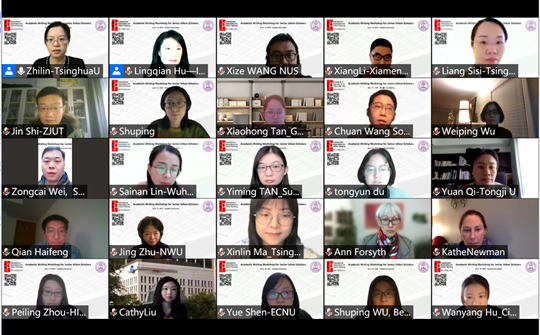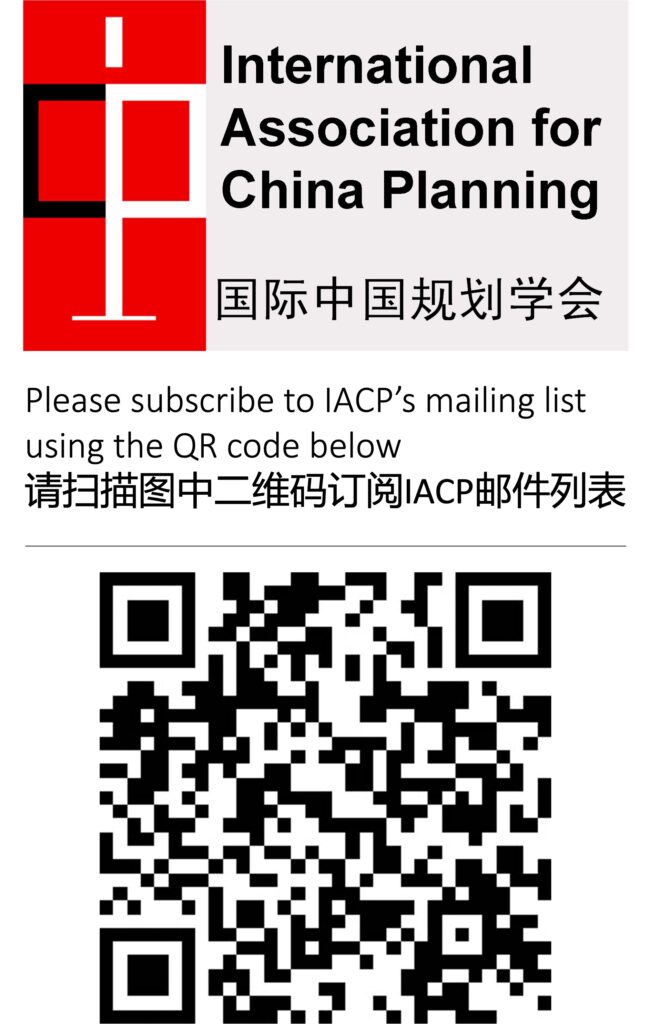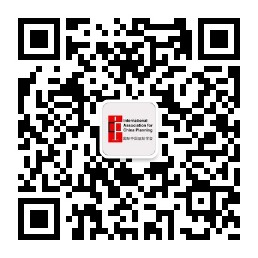The Inaugural IACP Academic Writing Workshop for Junior Urban Scholars, co-hosted by the International Association for China Planning and the School of Public Policy and Management, Tsinghua University, was successfully held online on January 9-16, 2021.
The workshop aimed to improve written scholarship among junior scholars of urban planning and related fields, cultivate young scholars through a platform for learning and knowledge exchange.

Eight editors lead the workshop, including Yingling Fan (University of Minnesota), Ann Forsyth (Harvard University), Cathy Yang Liu (Georgia State University), Kathe Newman (Rutgers University), Haifeng Qian (University of Iowa), Tom Sanchez (Virginia Tech), Michael Smart (Rutgers University), and Weiping Wu (Columbia University). The workshop attracted more than 80 applications. Eventually, 33 young scholars were accepted for participation, submitted their final manuscripts, and participated in the workshop.
The workshop includes two parts: whole-group lectures and small-group discussions. The three whole-group lectures were organized around three themes: academic writing strategies, journal publishing strategies, and career development. The editors shared their experiences from the perspectives of senior scholars and international journal editors. Young scholars gained a deeper understanding of academic writing, the process of paper submission, skills of academic publication, as well as the prospects of Chinese urban research from an international perspective. The whole-group lectures were broadcast live, attracting more than 33,000 online viewers.
The workshop also included small-group discussions, one-on-one meetings with editors, and inter-group communications. Participants were divided into four thematic groups based on their submitted manuscripts: planning, building environment, and well-being; urban governance and policymaking; urban vitality, amenities, and behavior; housing and neighborhood governance. Through mock peer review, group discussions, and one-on-one meetings, workshop participants improved academic writing and publication skills, expanded their horizons, and enhanced their identification with academic research and recognition of academic communities.

 Scan the QR code below to connect with IACP official WeChat account.
Scan the QR code below to connect with IACP official WeChat account.
